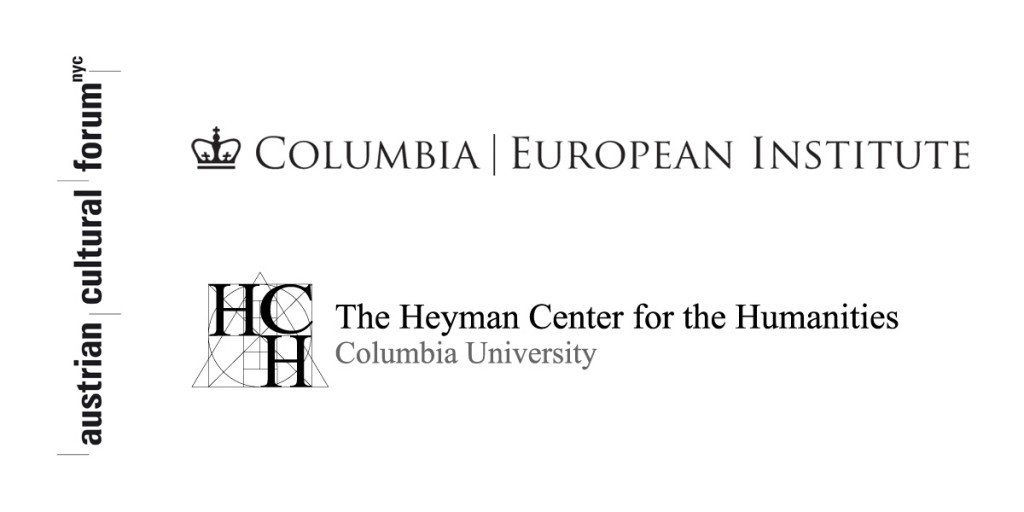Organized to mark the bicentenary of the Congress of Vienna, this conference brings together scholars in history, international relations, and political science to explore this remarkable occasion—the calling of a general peace conference—to re-establish world order in the wake of revolutions, the rise of new leading powers, and wars with reverberations in every part of the globe. How did the Conference conveners conceive of the goals of such a meeting? How did they manage the complexity of such a gathering? How did they imagine containing the forces that had been unleashed by the previous decades of conflict: Napoleon, guerilla war and Jihad, the forces of nationalism and public opinion? What were the mechanisms of collective security, new ways of thinking about international values and norms, and new policing methods that the Congress devised to secure an enduring peace?
In effect, every global war has concluded with some general reorganization of the international order, though not always with the formality of a congress or conference with a capital C. That goes for 1945 and the end of World War II as well as 1918, Versailles and the end of World War I. Yet this hasn’t happened in the wake of the Cold War or in prevision of the end of the Global War on Terrorism. By convening at Columbia the wealth of new research and thinking about the Congress of Vienna, the European Institute wants to spark consideration of the conditions for such an undertaking in today’s world. Reflecting on the wide scope of the 19th century settlement, how might we imagine, one day, a settlement of the Global War on Terrorism? How would such a peace initiative accommodate, say, the rise of new global powers, the end of U.S. predominance, and the threat of non-state actors, as well as the new issues directly bearing on peace and security in new global order, such as extreme inequality and climate change?
This conference is organized by Victoria de Grazia, Moore Collegiate Professor of History and Director of the European Institute at Columbia University. It is co-sponsored by the European Institute and the Heyman Center for the Humanities at Columbia University, with support from the Austrian Cultural Forum New York.

